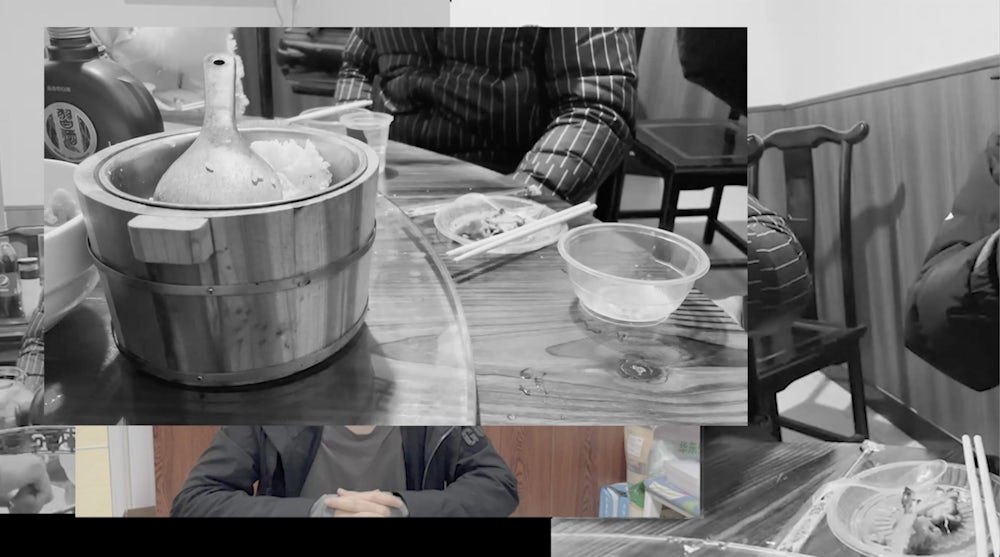“酒桌文化” is a term regarding social meals and gatherings in China, created by the Chinese Central Inspection team in 2016. There is a question as to why this word was created by a government agency which fights corruption. Interestingly it is also a phenomenon manifesting hierarchy and corruption in Chinese officialdom and society.
“酒” is Baijiu, which is a form of liquor. There is a long history of the Chinese drinking this very liquor. The historical traditions and habits associated with drinking culture have been inherited and brought forward to modern China. But since the 1980s, with the dramatic development of the Chinese economy, a unique phenomenon has emerged. People began to compete with others by drinking Baijiu in social dinners to show their ability - as it is compared to the ability to do things. “If one man can drink more, his ability could be better and more reliable” - commonly said by the elders of the community. “酒桌文化” is derived from this ridiculous competition.
Hierarchy is formed and based on two main principles: On the one hand, the traditional notion of superiority and inferiority still exists in China since feudal ages, like a son respecting his father, a wife respecting her husband and the public respecting their emperor. On the other, political and commercial benefits and purposes compel the host to perform in a humble and respective manner to valued guests. Meanwhile, hosts treat guests with expensive Baijiu and extravagant dishes.
